Every year, on December 10th, the world observes Human Rights Day, a celebration of equality, dignity, and freedom. This year, let’s shine a light on a critical but often overlooked right—mental health. Imagine a world where everyone has access to mental wellness resources without stigma or discrimination. That’s the vision we aim for as we recognize mental health as a fundamental human right.
The Link Between Human Rights and Mental Health
What Makes Mental Health a Human Right?
Mental health isn’t just a personal issue—it’s a societal one. As defined by the Universal Declaration of Human Rights, access to healthcare, including mental wellness resources, is a basic right. Yet, barriers such as stigma, inequality, and lack of resources persist.
- Statistics Speak: According to the WHO, mental health conditions affect over 970 million people globally. However, 75% of people in low-income nations lack access to adequate treatment.
Understanding Mental Equity
What Is Mental Equity?
Mental equity ensures that everyone, regardless of socioeconomic status or background, has fair access to mental health services.
Key Actions for Equity:
- Strengthening healthcare infrastructure in underserved areas.
- Promoting inclusive policies that address mental health in schools and workplaces.
Breaking Stigma Through Awareness
Why Mental Awareness Matters
Stigma is one of the biggest barriers to mental health advocacy. Encouraging open conversations can help dismantle societal taboos.
- Real Impact: A survey by NAMI revealed that 8 in 10 people felt supported when someone listened without judgment.
Advocating for Wellbeing Rights
What Are Wellbeing Rights?
Wellbeing rights emphasize holistic mental and physical health as inseparable. Policies promoting a balanced life ensure better productivity and happiness for all.
How We Can Promote Mental Health as a Right
For Individuals:
- Practice active listening to support loved ones.
- Educate yourself on available mental health resources.
For Communities:
- Organize awareness drives to normalize discussions about mental health.
- Advocate for local mental wellness programs.
For Policymakers:
- Enforce workplace mental health policies.
- Allocate funds to bridge healthcare gaps.
7 Powerful Insights on Mental Health for Human Rights Day
Mental health is a fundamental human right, intertwined with our ability to live dignified, fulfilling lives. As we observe Human Rights Day, it’s vital to reflect on the importance of mental health in achieving social justice and equity worldwide. Here are seven powerful insights that highlight the urgency of recognizing mental health as a human right.
1. Mental Equity: Bridging the Gap
What is Mental Equity?
Mental equity emphasizes fair access to emotional wellness resources for all individuals, regardless of their economic, geographic, or social backgrounds. It addresses disparities that prevent marginalized groups from achieving psychological balance.
The Reality of Inequity
- According to the World Health Organization (WHO), over 970 million people globally live with emotional struggles, but 75% of those in low-income regions receive no care at all.
- A significant gap in funding exists: mental wellness services receive less than 2% of national healthcare budgets worldwide.
- Marginalized groups—such as minorities, refugees, and individuals in rural areas—experience higher rates of neglect due to systemic biases and resource shortages.
Steps to Achieve Equity
- Policy Reforms:
- Governments must prioritize funding for emotional care, ensuring its inclusion in universal health coverage.
- Develop policies that address socio-economic barriers impacting underserved populations.
- Community-Based Support Systems:
- Establish local programs tailored to cultural and regional needs, enabling accessible and culturally sensitive interventions.
- Train community health workers to recognize and provide first-line emotional support.
- Collaborations for Change:
- Partnerships between governments, NGOs, and private sectors can bridge gaps by pooling resources for innovative wellness solutions.
- Educational campaigns promoting inclusivity and awareness can shift societal perceptions, reducing stigma and encouraging resource allocation.
Mental equity is a cornerstone for achieving wellbeing rights and universal advocacy for emotional health. Bridging this gap is essential for fostering a globally inclusive approach to human rights and overall societal growth.
2. The Role of Mental Awareness in Breaking Stigma
Why Mental Awareness Matters
Addressing stigma around emotional well-being is pivotal to fostering open conversations. Misunderstandings about psychological conditions prevent individuals from seeking help, often leading to prolonged suffering. Promoting awareness ensures communities become more inclusive, reducing fear and judgment.
The Impact of Stigma
- Studies indicate that 64% of individuals with psychological challenges avoid seeking help due to fear of discrimination (NAMI).
- In India, fewer than 10% of people struggling with emotional distress receive treatment due to societal misconceptions (WHO).
Benefits of Spreading Awareness
- Normalizes Seeking Help: Encouraging discussions around emotional health reduces hesitation to seek support.
- Fosters Empathy: Educating communities about mental equity and wellbeing rights nurtures understanding and compassion.
- Boosts Early Interventions: When issues are identified early, recovery rates improve significantly.
How to Promote Mental Awareness
- Educational Campaigns:
- Leverage media to challenge stereotypes about psychological conditions.
- Collaborate with influencers and local leaders to amplify wellness advocacy.
- Curriculum Integration:
- Introduce lessons on emotional well-being in schools.
- Provide training for educators to identify early warning signs.
- Community Programs:
- Organize workshops that discuss overcoming stigma.
- Establish local support groups to empower affected individuals.
Global Initiatives Making an Impact
- The Time to Change campaign in the UK reduced discrimination rates by 12% over four years by normalizing conversations.
- The Bell Let’s Talk movement has funded over 1,400 mental well-being initiatives worldwide.
Fostering mental awareness helps communities embrace compassion and equity, empowering individuals to reclaim their dignity without fear.
Wellbeing Rights: A Holistic Approach to Health
The concept of wellbeing rights advocates for integrating emotional and physical health, recognizing the inseparable connection between the two in achieving overall wellness. This approach ensures individuals have equal access to care that promotes a balanced and fulfilling life.
What Are Wellbeing Rights?
Wellbeing rights emphasize that care for emotional well-being and physical health should be intertwined to provide comprehensive healthcare. By addressing this duality, individuals experience improved quality of life, resilience, and productivity.
Key Insights
- Global Burden of Illness: Disorders affecting emotional wellness contribute to 15% of the worldwide disease burden, yet they receive a meager 2% of global healthcare budgets (Lancet Commission).
- Physical Linkages: Chronic conditions like heart disease, obesity, and diabetes often stem from untreated emotional struggles, creating a cycle of poor health outcomes.
Solutions for Promoting Wellbeing Rights
Workplace Initiatives
- Employers should implement policies that support a healthy work-life balance, such as flexible hours and access to wellness programs.
- Surveys show that 77% of employees believe well-being programs reduce stress and enhance productivity (American Psychological Association).
Integrated Healthcare
- Systems must bridge gaps by combining emotional wellness services with routine medical care.
- Telehealth platforms can make this integration seamless, particularly in underserved areas, enhancing accessibility.
Community Awareness Campaigns
- Encouraging open dialogue about well-being issues can normalize seeking support.
- Community-led workshops and support groups foster inclusivity and resilience.
By recognizing wellbeing rights as essential, society can promote a balanced, healthier future where individuals thrive both emotionally and physically.
4. Advocacy for Wellness: Driving Systemic Change
Why Wellness Advocacy Matters
Wellness advocacy is a powerful tool in creating lasting systemic changes that prioritize the well-being of all individuals. It involves mobilizing communities, organizations, and governments to recognize and act on the importance of mental wellness as a human right. Advocacy efforts help shape public policies, promote inclusive practices, and ensure that everyone has access to resources and support for their mental well-being.
This form of advocacy plays a vital role in raising awareness about the impact of untreated mental conditions and the need for accessible care. It also addresses the stigma surrounding psychological struggles, fostering an environment of understanding and compassion.
Advocacy in Action
Wellness advocacy is being carried out globally through several high-profile campaigns and grassroots efforts.
- Bell Let’s Talk in Canada has made a remarkable impact by raising over $100 million for mental health initiatives, demonstrating the power of public awareness campaigns.
- Grassroots organizations, such as The National Alliance on Mental Illness (NAMI), provide much-needed resources and foster supportive environments in communities around the world, ensuring that individuals can access treatment, counseling, and peer support.
How We Can Advocate
Here are a few ways we can actively participate in wellness advocacy:
- Support Legislative Changes: Advocate for policies that protect the right to mental well-being in schools, workplaces, and communities, ensuring equal access for all.
- Engage Local Leaders: Encourage community leaders to take action in addressing disparities in wellness resources, especially in marginalized groups.
- Promote Awareness: Participate in or organize events that highlight the importance of psychological wellness, helping to eliminate stigma and misinformation.
By engaging in wellness advocacy, we help ensure that everyone, regardless of background, has access to the resources they need for a healthier life.
The Intersection of Human Rights and Mental Wellness
Recognizing Mental Wellness as a Fundamental Human Right
Mental wellness is integral to our overall well-being and plays a crucial role in achieving justice and equality for all individuals. The Universal Declaration of Human Rights recognizes the right to health, which includes emotional and psychological well-being. However, this right is often overlooked when it comes to providing equitable care, making it essential to advocate for equal access to support and services for everyone.
Challenges in Realizing the Right to Mental Wellness
While mental wellness is a human right, significant barriers hinder its realization.
- Systemic Discrimination: People from marginalized communities, such as ethnic minorities, low-income groups, and the LGBTQ+ population, face additional challenges in accessing necessary care due to cultural stigma, lack of representation, and economic inequalities.
- Resource Gaps: Around one in four people worldwide experience some form of mental distress, but 75% of individuals in low-income countries don’t have access to appropriate treatment, leaving them vulnerable to prolonged suffering (World Health Organization).
What Needs to Be Done?
To move toward mental equity, it is essential to take concrete actions to promote wellbeing rights.
- Explicit Inclusion in Human Rights Charters: Mental wellness must be explicitly recognized as a human right in international treaties and national laws. This ensures that governments are obligated to invest in the mental health of their citizens.
- Targeted Interventions: Addressing the unique needs of vulnerable groups through community-specific programs can break down barriers. Governments and organizations must work to eliminate discrimination and provide accessible, affordable care to all individuals.
By promoting wellness advocacy and encouraging public awareness, we can build a society where mental wellness is a right for everyone, not a privilege for the few.
Empowering Communities Through Mental Awareness
Community-Driven Solutions
Communities that emphasize mental wellness create environments where individuals feel supported, reducing the stigma surrounding emotional struggles. When we prioritize mental awareness at the grassroots level, we foster a culture of inclusivity and respect. By ensuring everyone has access to resources and support, we empower individuals to take charge of their well-being.
Examples of Impact
- Peer Support Groups: These groups have shown significant benefits, including reduced feelings of isolation and enhanced recovery. Research indicates that individuals involved in peer-led support systems often experience a 40% increase in engagement with treatment options compared to those without such community connections (American Journal of Psychiatry).
- Digital Platforms: Services like BetterHelp and Talkspace offer therapy via virtual platforms, making it easier for people in underserved areas to receive care. According to a 2023 survey, 30% of individuals in rural communities reported they had never accessed therapy due to lack of local resources. Digital services are bridging this gap by offering remote therapy options at affordable prices.
How We Can Help
- Volunteer Locally: Participating in local wellness advocacy efforts can bring direct change to your community. Volunteer with organizations that promote awareness and provide support to those struggling with emotional challenges.
- Use Social Media for Advocacy: Promote mental equity through social media by sharing success stories and resources. Online campaigns have helped reduce stigma, with studies showing that 45% of people were more likely to seek support after seeing mental wellness campaigns on social platforms (National Alliance on Mental Illness).
By working together, we can make lasting changes in how we approach mental health challenges, ensuring that wellbeing rights are accessible to all.
7. Future Trends: Technology and Mental Wellness
Leveraging Technology for Wellbeing
Innovative technologies are reshaping how we address emotional and psychological care, making support more accessible and personalized. These advancements bring both opportunities and challenges in promoting mental equity.
Key Technological Developments
- AI-based Tools: Platforms like Woebot offer automated conversations that guide individuals through evidence-based cognitive behavioral therapy techniques. Studies show that 72% of users report improvements in emotional wellbeing after using these tools (Journal of Medical Internet Research).
- Telehealth Services: Telemedicine is a game-changer for individuals in remote or underserved areas. Through virtual consultations, individuals can access therapeutic services without the need to travel, addressing geographic and socioeconomic barriers. According to a report from the CDC, 60% of people in rural areas now use telemedicine for mental wellness support.
Cautionary Notes
- Data Privacy: As technology advances, it’s essential that digital tools prioritize the privacy and security of users’ sensitive information. A 2020 study found that 80% of users express concerns about the safety of their data when using mental health apps (Harvard Business Review).
- Regulation and Inclusivity: To ensure the quality and effectiveness of digital health solutions, governments and organizations must regulate these platforms. This includes ensuring that they are accessible to diverse populations and meet necessary medical standards.
By integrating technology with traditional mental wellness care, we can take significant steps towards achieving wellbeing rights for all. However, it’s crucial that these solutions are used responsibly and equitably.
Key Takeaways:
- Mental health is an essential human right.
- Equal access to mental health resources can break cycles of stigma and inequality.
- Advocacy, education, and empathy can create a healthier, more inclusive society.
- Holistic approaches, technology, and community-driven initiatives can shape a better future for mental well-being.
At a Glance:
- Global Need: Over 970 million people are affected by mental health conditions worldwide.
- Equity Challenge: 75% of those in need lack access to care.
- Action: Normalize conversations and advocate for systemic change.
- Mental Equity: Over 75% of people in low-income countries lack access to mental health care.
- Wellbeing Rights: Mental and physical health must be addressed together.
- Wellness Advocacy: Systemic changes and grassroots efforts are key to progress.
FAQs:
1. Why is mental health important for human rights?
Mental health ensures dignity, freedom, and equality, which are central to human rights principles.
2. How can I help promote mental health awareness?
Start by supporting open conversations, educating yourself, and advocating for inclusive policies.
3. What does mental equity mean?
Mental equity ensures fair access to mental health resources for all, regardless of social or economic status.
4. What is the role of technology in mental health?
Technology increases access to care through telemedicine, apps, and AI-based tools, but must be regulated for safety and effectiveness.
Conclusion
As we celebrate Human Rights Day, let’s reaffirm our commitment to making mental health a reality for everyone. Together, we can build a world where mental wellness is recognized, respected, and protected as a fundamental human right.
This Human Rights Day, let’s commit to prioritizing mental health as a universal right. Together, we can create a world where mental wellness is respected, supported, and accessible for everyone. By promoting mental equity, advocating for holistic well-being, and embracing innovation, we can drive meaningful change that benefits us all.


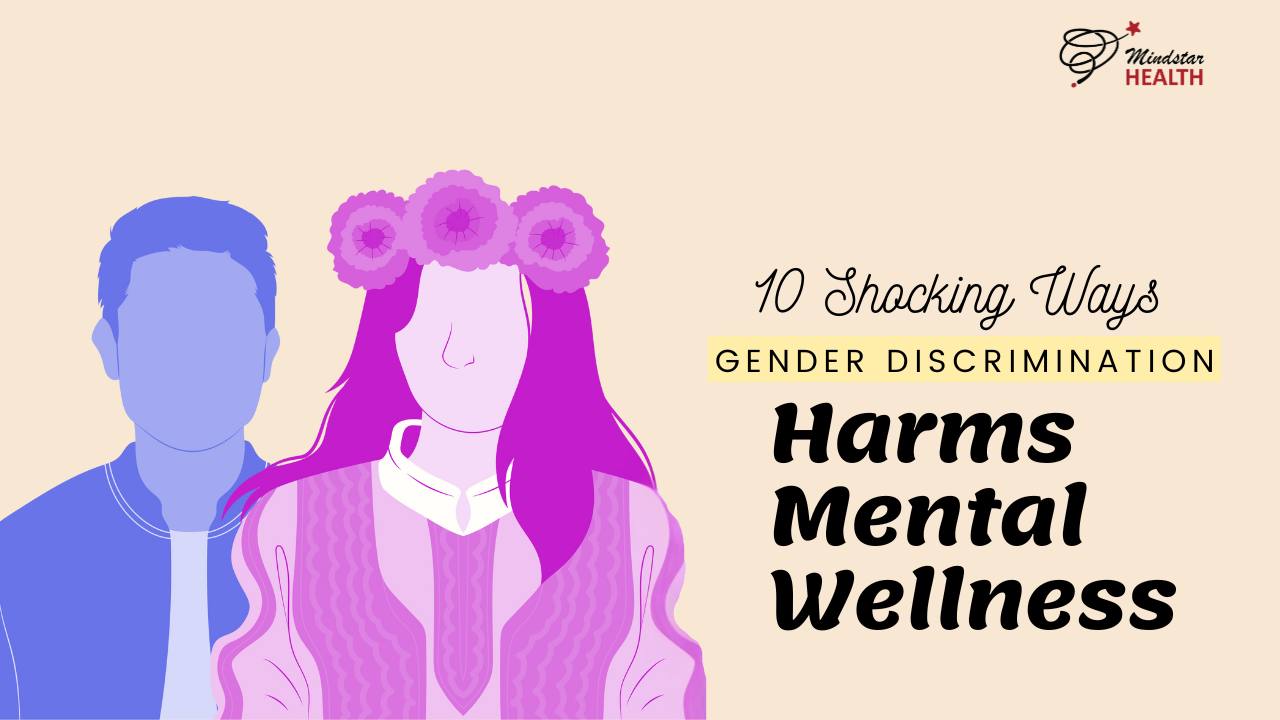
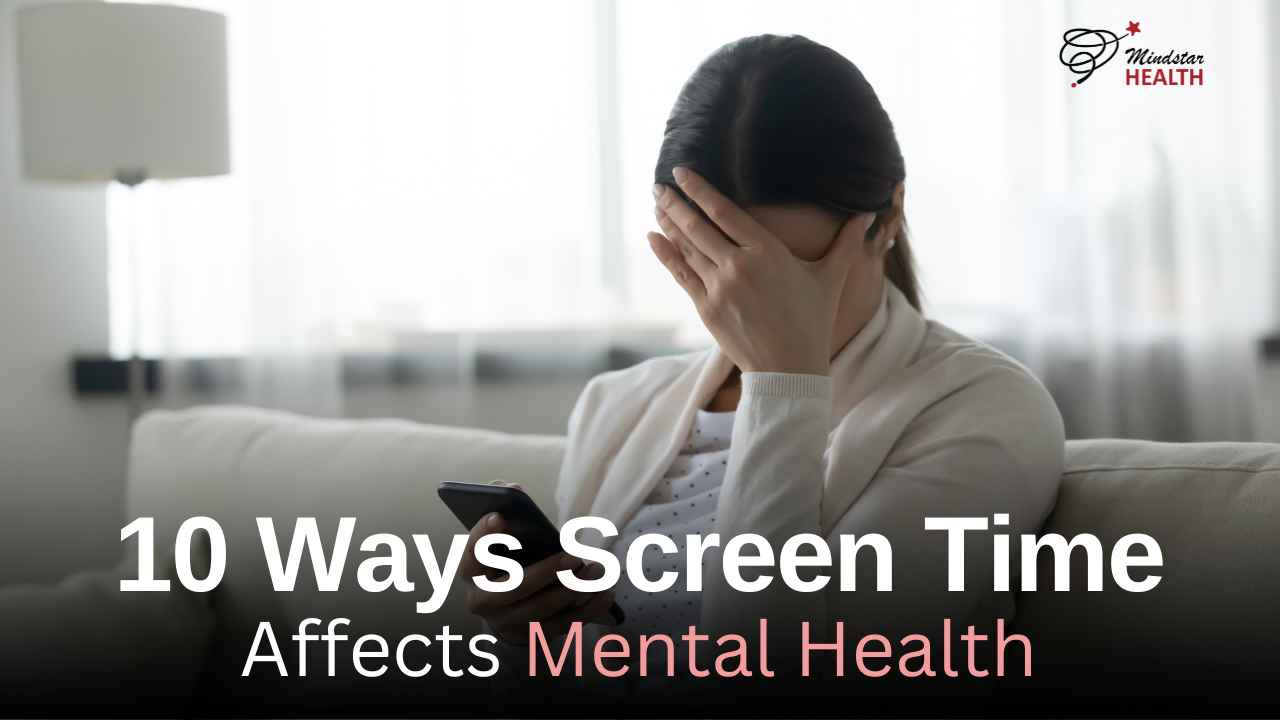

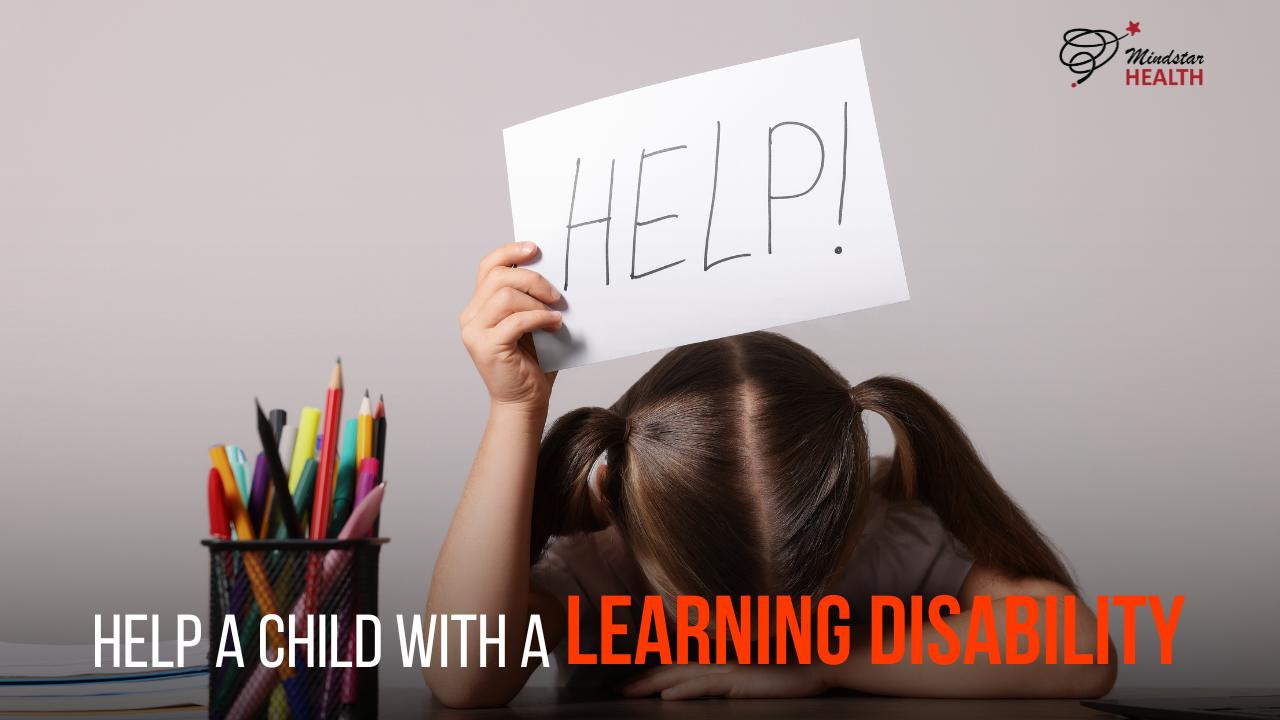

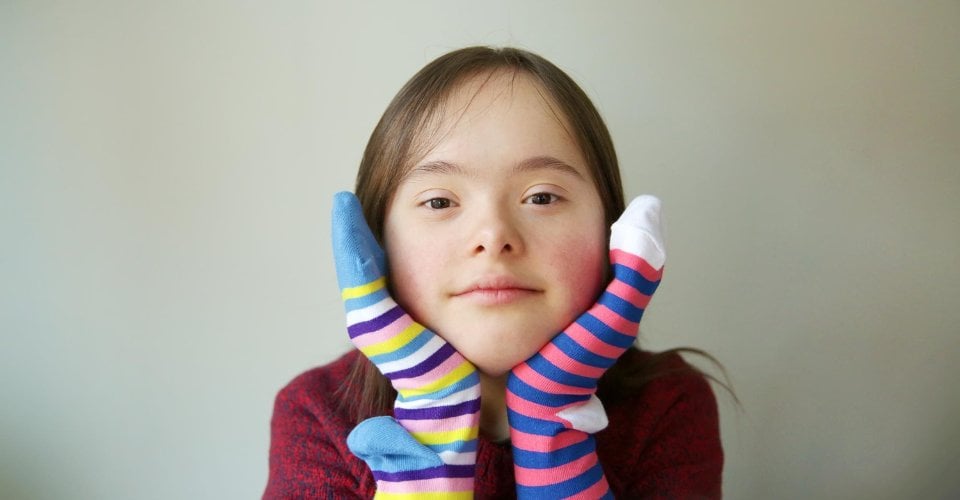






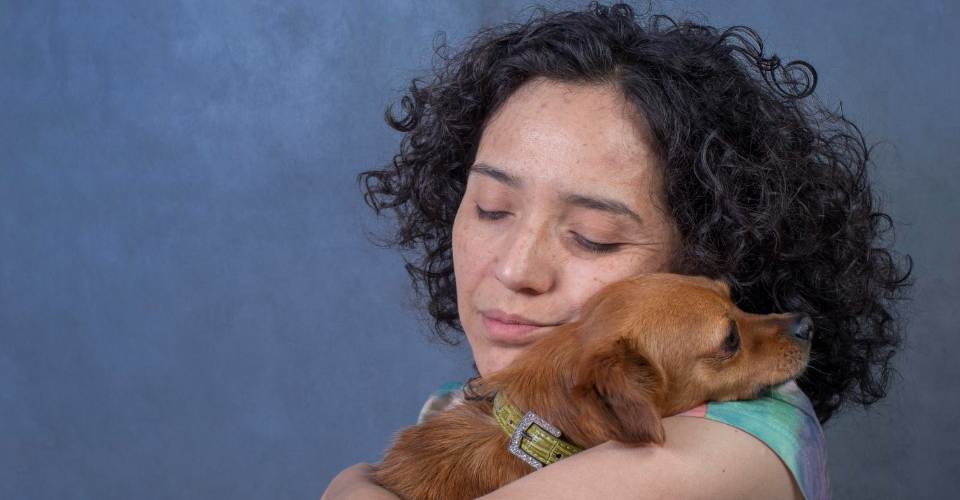


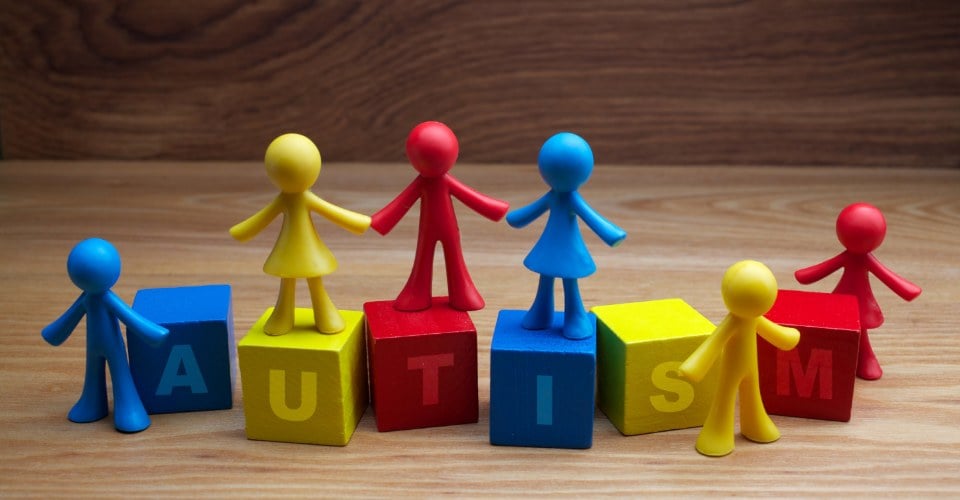




Leave a Reply
You must be logged in to post a comment.